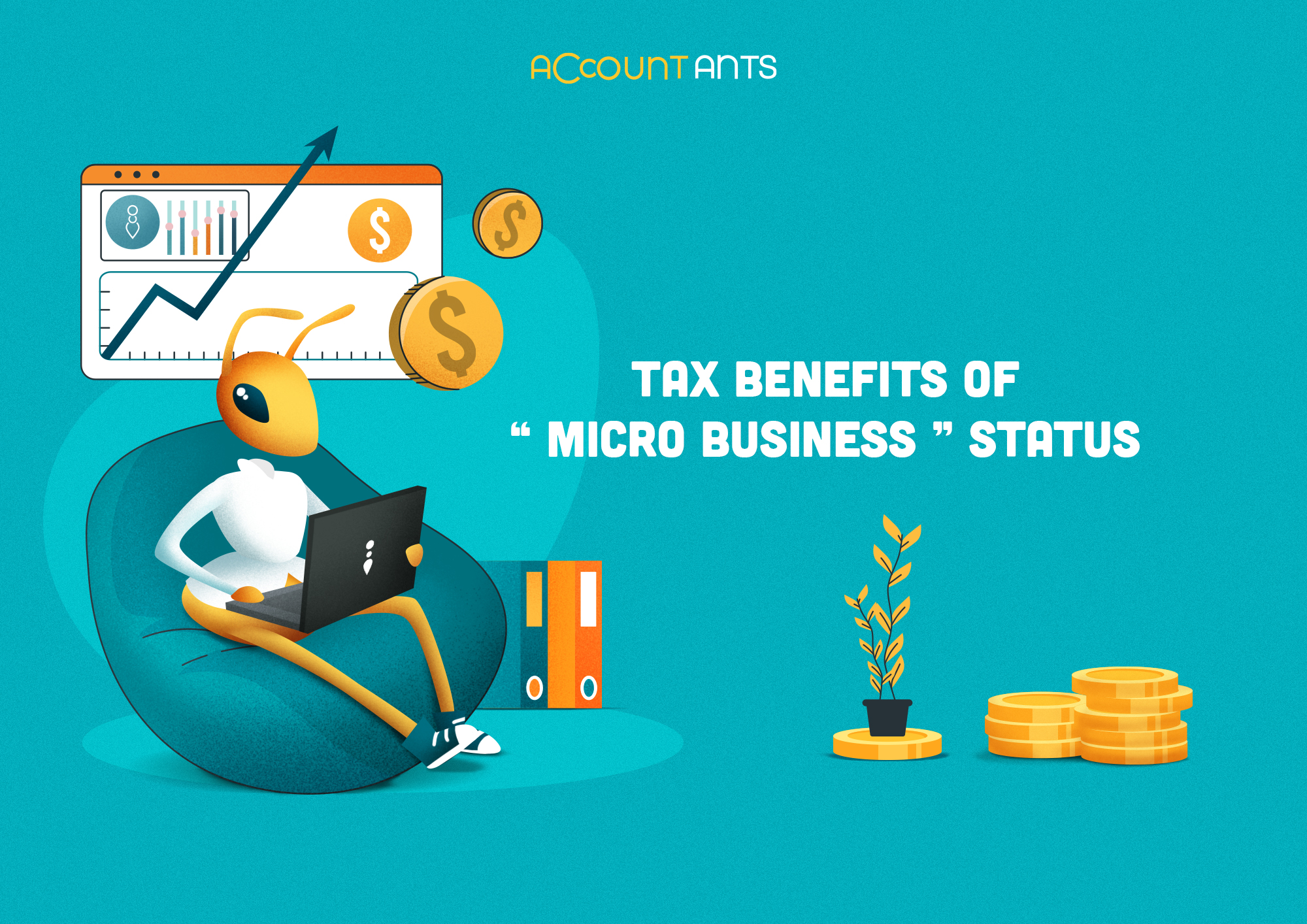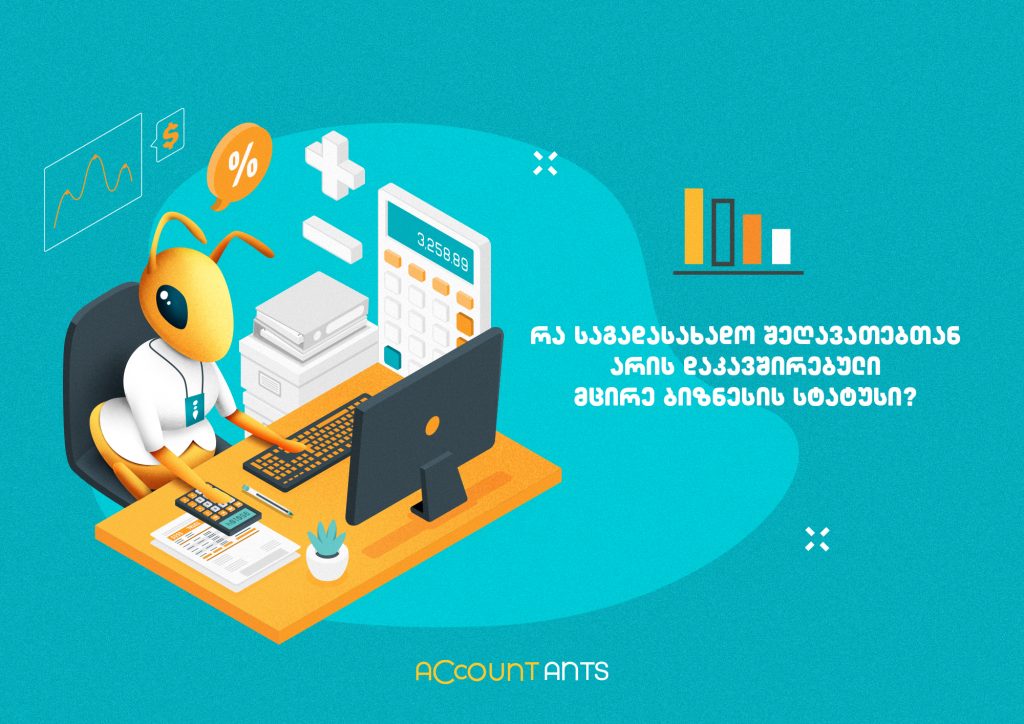Micro Business status is associated with significant tax benefits in Georgia. Therefore, investors are often interested in the subject. In this article, we will be discussing exactly what are the tax benefits, who can obtain the status, in which cases does an investor lose the status and what are the pros and cons of the status compared to an LLC.
What are the exact tax benefits of the Micro Business status?
Micro Business status holders are exempt from personal income tax (PIT), which usually comprises 20%. Besides, participation in state pension scheme is voluntary. The pension scheme is only applicable to Georgian residents. Therefore, we will continue our discussion excluding the pension scheme effect.
Let’s compare taxation of Micro Business status holder to taxation of an ordinary employee. For example, if a company pays net 1,000 GEL to an employee, this means that its total salary expense, including the PIT, equals 1,250 GEL (1,000/0.8). Now let’s see what happens if the company pays the budget allotted for the employee compensation to a Micro Business status owner instead. In this case, the individual (the status owner) does not pay PIT and will receive the full payment of 1,250 GEL. Simply put, the status owner receives 250 GEL more (1,250 – 1,000) due to PIT tax saving compared to an ordinary employee.
Who can obtain the Micro Business status?
Often investors assume that registering as an Individual Entrepreneur is enough to receive the tax benefits in Georgia, however Individual Entrepreneur should also obtain Micro Business status from the Revenue Service of Georgia.
Our company offers all necessary accounting services associated obtaining the status.
Individual Entrepreneur can obtain the status in case his/her business activities are not one of the, so called, “prohibited activities”, meaning activities in case of which Micro Business status is not available. Such activities include medical, architecture, legal, notary, consulting, audit etc. The full list is available on the webpage of Legislative Herald of Georgia.
It should be noted that, despite being exempt from PIT, Micro businesses are required to submit income tax returns no later than 1st April of every subsequent year.
In which cases does an individual lose Micro Business status?
The status is lost if an individual’s revenue for a calendar year exceeds 30,000 GEL. Status is also lost if Revenue Services conducts stock-take and finds that individual’s inventory balance exceeds GEL 45,000. Besides, the status is lost if an individual registers as a VAT payer.
What are the pros and cons of Micro Business status?
Apart from significant advantages associated with the tax reliefs discussed above, Micro Business status has some disadvantages compared to an LLC (Limited Liability Company). Micro Business status owner is personally responsible for business liabilities. For example, if a business owes 100,000 GEL to suppliers (or banks) and is unable to pay, the creditors are entitled to request payment directly from the individual’s private property. In case of LLC, on the other hand, creditors can only request repayment from the company’s assets and not from the private property of the business owner.
 eng
eng






